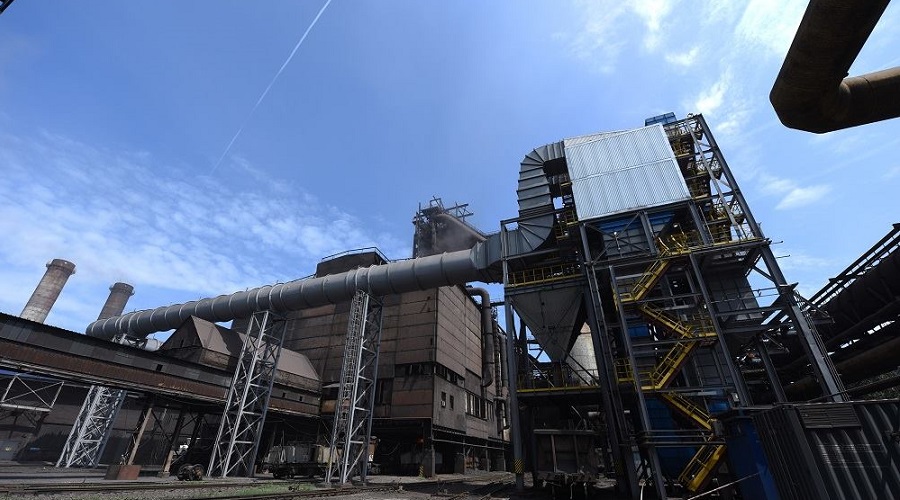
Russia’s top steelmaker NLMK may be forced to close its U.S. division due to the impact on its business of tariffs introduced by the United States in March.
NLMK has applied for an exemption from the tariffs, which the United States maintains are based on national security concerns, and expects a decision on the matter in June.
In a letter to the U.S. Department of Commerce dated March 23, 2018, NLMK USA’s Chief Executive Robert Miller said that the United States does not produce enough steel slabs for NLMK’s U.S. division to be able to source them domestically.
“Without an exclusion for semi-finished steel slabs, the tariffs will have the perverse effect of killing U.S. steelmaking jobs and potentially putting our company out of business,” Miller said.
“NLMK USA has made numerous attempts to secure slabs domestically, with little success. Between 2016-2017, NLMK Pennsylvania was only able to secure 2 percent of total receipts domestically and was forced to import the remaining amount,” Miller said.
U.S. tariffs threaten over 9,000 jobs at NLMK USA’s Pennsylvania and Indiana mills, Miller wrote, as well as the more than 2,000 jobs a new NLMK marine terminal for the transportation of steel is expected to create.
“NLMK plans to nearly double its current investments ($800 million) with another $664 million between now and 2022. Tariffs on slabs put these investments on hold pending the outcome of the exclusion process,” Miller said.
Revenues of NLMK’s U.S. division, at $1.67 billion in 2017, represented 16.5 percent of the company’s total revenue worldwide that year.
Trump imposed tariffs of 25 percent on steel and 10 percent on aluminium in a move mainly aimed at curbing imports from China.
He has since temporarily excluded Canada, the European Union and Mexico from the duties until June 1, and has negotiated permanent exemptions for Argentina, Australia and Brazil.
Russia, which has not received an exemption, has filed a request to join China in its official disputing of the tariffs at the World Trade Organisation.
Additional reporting by Anastasia Lyrchikova; Writing by Polina Ivanova; Editing by Susan Fenton.